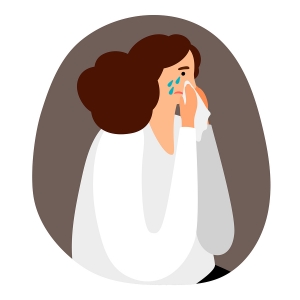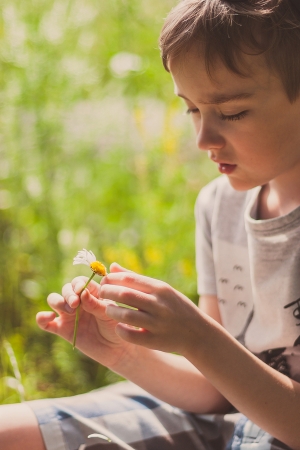Coming Home
“In order to love, you have to be here.
And in order to be here, you have to bring your mind home to your body.”
Thich Nhat Hanh
And so we are here, in a place we never thought we would be, dominated, many of us cut down, by one of the most tiny creatures of the Earth. We have had fire, floods, locusts and now plague. Hmmm. Not feeling so secure any more.
Writing for Wellbeing
At the moment I am offering a workshop called Writing for Wellbeing. If you don’t think of yourself as a writer and have only memories of low marks at school, the hideousness of trying to concentrate on something you don’t want to write while you would rather be outside, as well as being befuddled by the mysteries of spelling and grammar, the idea of my workshop will probably make you shudder – and move on. Of course I suggest you stay for a few minutes and see what I have to say.
Enriching the Last Third
My friend has a magnet on her fridge: Growing old is not for sissies. We used to laugh about it…when we were a little younger. But then it keeps on happening, this aging. It’s quite a transition, not really one we are ready for in many ways. We have watched others make the journey before us and for some it seems to be fairly straightforward, for others not so much.
Birth Trauma
During my career, I have talked to many women who were left depressed, anxious and frightened by their birth experiences. Their memories were not of the experience they had expected or wanted, but of a situation in which they had control and sometimes their voices taken from them.
Hanging on for Dear Love
She loves me, she loves me not. He loves me, he loves me not. What’s it like to not know, not be certain of love, when it’s your parent? There’s the profound joy when you’re received and held, and then the plunge – ignored, sent away, yelled at. You just never know which one it will be. David Wallin describes it as “parents relatively responsive in one encounter, intrusive or unavailable in the next.” For a little one there are no clues how to respond to this. Whatever he or she tries could meet with any of these responses. There is no pattern.
Turning Away
Some of us don’t feel much, you know. There are various reasons for this and some of these reasons occur later in life. If it has always been like that, though, it probably happened very early when the little one found that feelings were too painful and learned to avoid them. This is done by suppression. The feelings get put away in a safe dark place that is often known as the unconscious.
Waiting for Justice
“Therapeutic jurisprudence says that the processes used by courts, judicial officers, lawyers and other justice system personnel can impede, promote or be neutral in relation to outcomes connected with participant wellbeing such as respect for the justice system and the law, offender rehabilitation and addressing issues underlying legal disputes. Developed by Professors David Wexler and Bruce Winick in the United States in the 1980s in the context of mental health law, it is now seen to apply to all areas of the law and across cultures and is the subject of international study and development.”
Benefits of Group Therapy
If you're thinking about doing some psychotherapy, you can go about it in several ways. Group therapy is one option you might want to consider.
Accreditation

Contact Details
-
Phone
-
EmailThis email address is being protected from spambots. You need JavaScript enabled to view it.
-
Website
-
Location








